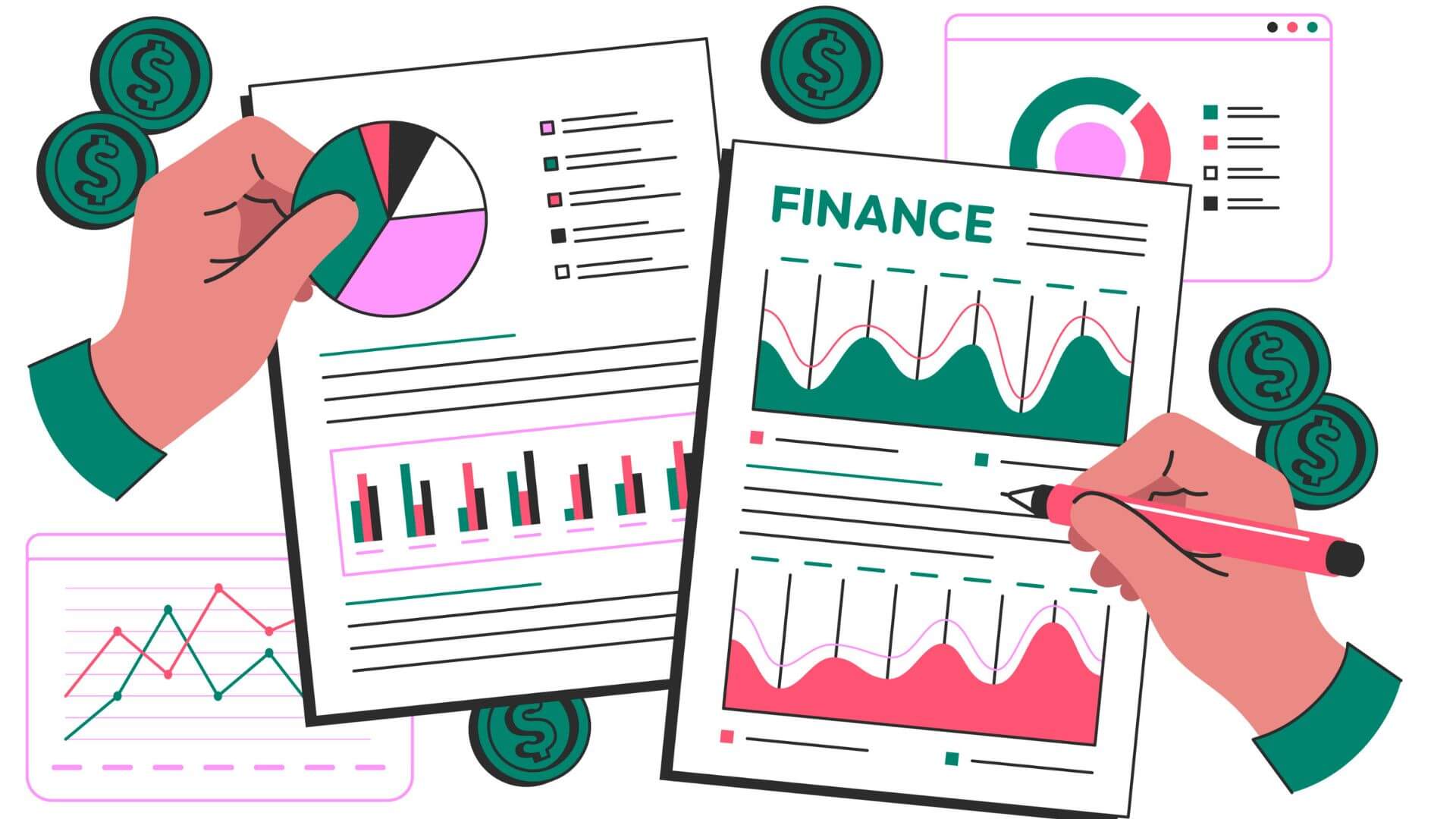
Understanding the Impact of Economic Reports on Prop Challenges
Economic reports play a vital role in shaping market sentiment, triggering volatility, and influencing trading outcomes. For proprietary traders participating in evaluation phases or managing funded accounts, understanding the timing and significance of economic news is essential for maintaining discipline and staying within drawdown limits.
In this guide, we’ll break down how economic reports impact prop trading challenges and offer strategies to help you navigate them effectively.
To see how financial news influences decision-making, visit Advanced Television’s article on news and online trading.
What Are Economic Reports?
Economic reports are scheduled releases from governments or institutions that provide data about a country’s financial and economic condition. These reports include metrics like:
- Non-Farm Payrolls (NFP)
- Consumer Price Index (CPI)
- Gross Domestic Product (GDP)
- Interest rate decisions
- Retail sales and unemployment figures
They are critical for assessing macroeconomic health and often lead to large, fast market movements.
Explore a full list of key global events at AvaTrade’s economic indicators page.
Why Economic Reports Matter in Prop Challenges
- High Volatility Can Affect Your Risk Metrics
During major news releases, spreads widen, price jumps occur, and execution becomes less predictable. This can:
- Trigger stop losses unexpectedly
- Lead to slippage
- Cause instant breaches of drawdown limits
- Economic Data Drives Trend Reversals
Prop traders relying on technical setups may get caught on the wrong side if a strong economic report contradicts price action signals.
- Performance Expectations Remain the Same
Prop firms expect you to trade through live market conditions—including news releases—while staying within their rules. There’s no “pause” for news, so preparation is essential.
Learn about news-driven trading events at TradeFundrr’s breakdown of market impacts.
Most Important Economic Reports to Watch
According to Edgewonk’s blog on high-impact news, these are the reports traders monitor closely:
- NFP (U.S. Employment Data)
- FOMC Statements and Rate Decisions
- CPI & Inflation Reports
- GDP Growth Data
- Retail Sales
- Jobless Claims
Being aware of these release times helps you avoid taking risky trades or, if skilled, capitalize on volatility.
Strategies to Navigate Economic Reports During Prop Challenges
- Use an Economic Calendar
Track scheduled releases each week and mark them on your trading plan. Avoid placing trades shortly before high-impact events unless your strategy is designed for it.
- Adjust Position Sizes
Reduce your lot sizes during volatile sessions to stay within risk limits and reduce emotional pressure.
- Avoid Holding Trades Before Major Announcements
Close positions before events like NFP or central bank announcements unless you have a news-based edge.
- Wait for Post-News Confirmation
Let the initial volatility settle before entering a trade. This helps you avoid fakeouts and improves entry precision.
- Include News Management in Your Trading Plan
Your plan should outline exactly how you handle economic events—whether that’s avoiding them, trading them, or waiting for volatility to normalize.
For more on the effects of economic data, see Ultima Markets’ guide to news and financial markets.
The Bigger Picture: Economic Reports and Digital Trading Environments
As trading increasingly shifts to digital platforms, traders must also understand how digitalization influences economic impacts. Delayed pricing, algorithmic spikes, and platform liquidity can amplify reactions to data releases.
For insights into how digitalization impacts trade, refer to APEC’s publication on digital economic effects.
Conclusion
Economic reports are powerful drivers of market volatility and can significantly influence your success during prop firm challenges. By understanding the types of reports, preparing for their release, and adjusting your strategy accordingly, you can reduce unnecessary risk and improve your chances of passing the evaluation.
Trading around economic news doesn’t have to be dangerous—if you approach it with preparation, awareness, and discipline, it can become an opportunity instead of a threat.
